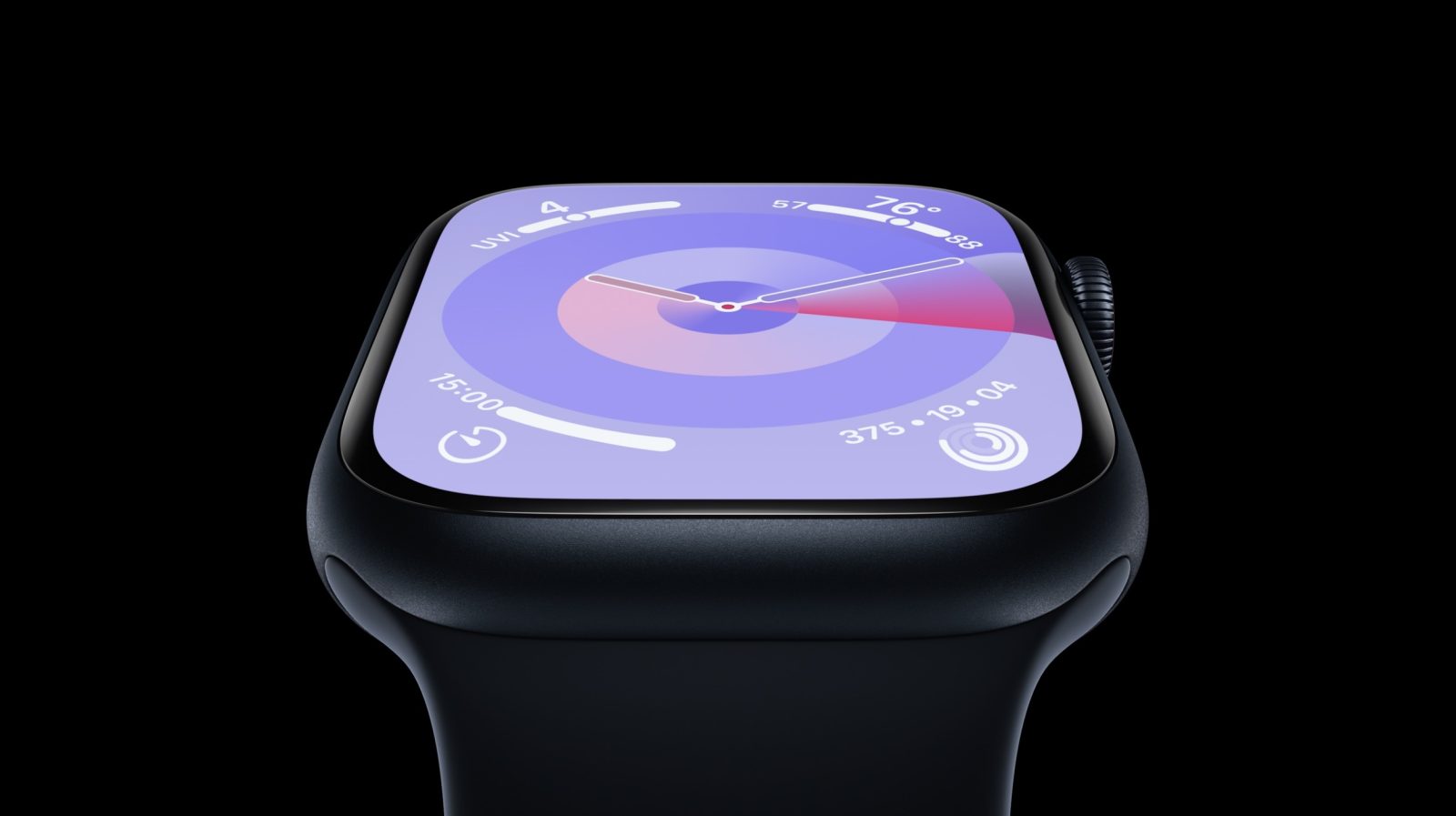
A new study at Stanford aims to evaluate how the Apple Watch can play a role in identifying “physiologic, dietary, and environment triggers of severe pain exacerbations” in children with complex regional pain syndrome (CRPS).
In addition to the Apple Watch, the study will integrate artificial intelligence technology from clinical research platform Medeloop. Medeloop is described as an “end-to-end, AI-driven platform for conducting early stage clinical research and clinical trials.”
A brief explanation of CRPS, courtesy of Stanford Medicine:
Complex regional pain syndrome (CRPS) is a severely disabling condition that usually affects the limbs, after injury or surgery. The main symptoms are severe pain, swelling, loss of range of motion, temperature changes, and changes in the skin. Although CRPS can occur anywhere in the body, it usually affects an arm, leg, hand, or foot.
CRPS most often follows trauma, such as a fracture or amputation. Still, it can even occur after a minor injury, like a sprained ankle. In rare cases, CRPS appears spontaneously, without apparent cause. It is more likely to occur during times of increased emotional stress.
As spotted by MyHealthyApple, this study will equip participants – who will be children between 8 and 17 years old – with an Apple Watch Series 8 for six months. In addition to data collected with the Apple Watch, participants will take pictures of their meals, and all the data will be analyzed by Medeloop.
From the study’s description:
The Apple Watch will transmit physiologic data to Medeloop in real time for a period of 6 months to derive physiologic parameters from Apple Watch measured pulse rate, oxygen saturation, time in daylight, ECG measurement, and movement/activity. Derived variables include heart rate variability, sleep hours, daily distance walked, right/left weight bearing and gait and others.
Using a paired smartphone, subjects will photograph all meals for analysis of the dietary content by AI, which will be transmitted to Medeloop after capture for AI analysis. Medeloop software will use location data and cross-reference corresponding environmental and weather data (e.g., atmospheric conditions, air and water quality) on a daily basis. All pain flares will be recorded in real time via the Medeloop app.
The study highlights two primary goals:
- To aggregate large databases of real-time physiological, psychological, subjective pain, environmental and dietary data and analyze these data with artificial intelligence to identify temporal precipitants to pain exacerbations.
- To identify potential strategies to interrupt the progression of acute pain flares based upon what is learned.
“Early treatment and strategies to interrupt acute pain flares would have a significant effect on quality of life in this patient population while undergoing treatment and resolution of the ongoing condition,” the researchers say.
More details on the study can be found on the National Library of Medicine website.
Follow Chance: Threads, Twitter, Instagram, and Mastodon.
FTC: We use income earning auto affiliate links. More.

